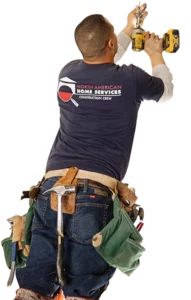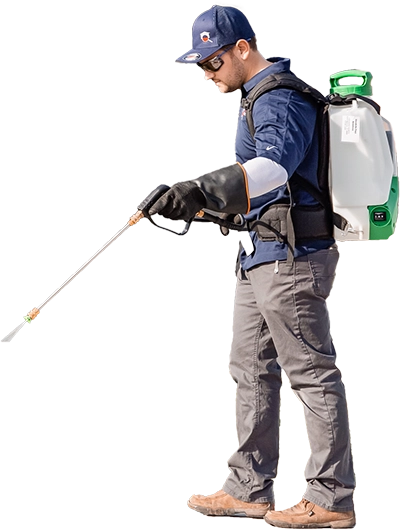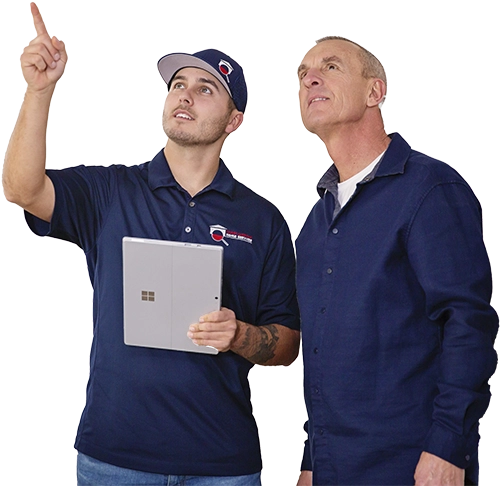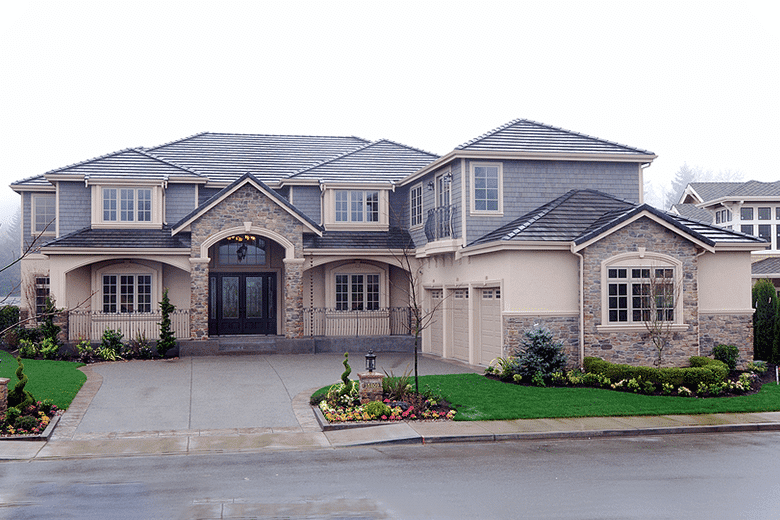California Senate Bill 721, better known as the Balcony Bill, gives building owners, landlords, and property managers a deadline of January 1, 2025, to inspect and fix all wood-based balconies, decks, walkways, and other external elevated elements. This law applies to the entire State of California and has complex ramifications for failure to comply with its provisions.
The inspection must be performed by certified professionals, and the North American Home Services team is here to aid you. Contact us at (916) 299-9724 to schedule an SB 721 balcony inspection service in Sacramento and surrounding areas.
We will thoroughly assess the state of EEEs on your property, provide you with a detailed report on our findings, and refer you to our sister balcony/deck repair company, Good Life Construction, so you can start the repair process on time to avoid fines.
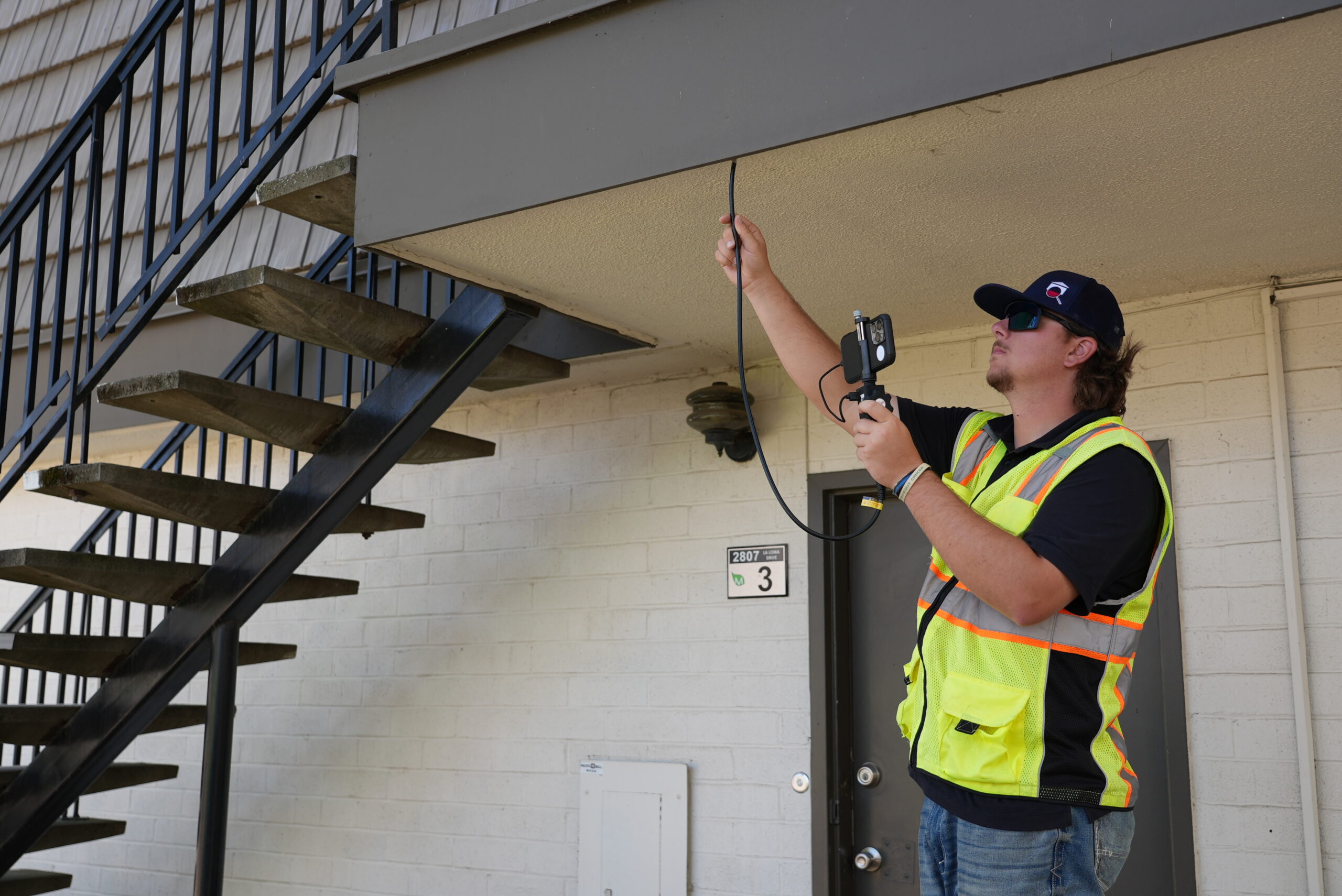
Who Is Affected By the Balcony Bill
In compliance with SB 721, you must schedule a balcony inspection if your building has all the following characteristics:
- It is a multifamily property with three or more separate dwelling units
- It has two or more stores in height
- There is at least one external structural element 6 feet or higher above the ground
- That element is supported by a wooden structure.
If the building is a part of a HOA or condo community, external elements made entirely of concrete and steel also need to be inspected every three years.
What Is Senate Bill 326
California Senate Bill 326 is also known as the balcony inspection law. It states that an HOA must schedule a safety inspection of balconies and other external elevated structures they are already obligated to maintain, repair, or replace.
The only difference between SB 721 and SB 326 inspections is that an SB 721 inspection must be organized and overseen by a property owner or manager, while an SB 326 inspection is a responsibility of the HOA.
California Apartment Balcony Inspection Requirements
- The inspection must be performed by a licensed architect, licensed civil or structural engineer, building contractor with “A” “B” or “C-5” license classification and at least 5 years of proven experience, or certified building inspector.
- All balconies, decks, porches, stairways, walkways, and other EEEs relying on wooden load-bearing structures must be visually inspected.
- Inspectors must take samples from at least 15% of the load-bearing components of the EEEs and associated waterproofing elements.
- The inspection company must provide a detailed report with photos, sample test results, and EEE lifetime estimation.
- If any of the EEEs require immediate emergency repairs, a copy of the inspection report must be forwarded to local law enforcement.
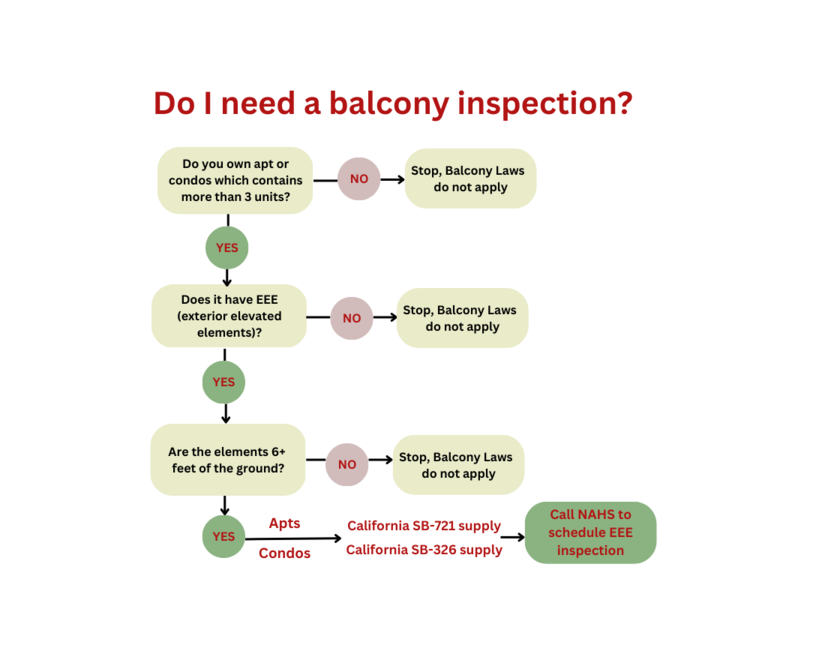
What If My Structure Does Not Pass SB 721 / SB 326 Inspection?
If your inspection identifies issues, it’s crucial to act promptly to stay compliant and avoid penalties. The repair process depends on whether the issues are classified as severe (E.R.R) or non-severe (N.E.R.R):
Non-Emergency Repair Required (N.E.R.R) Cases
For non-emergency issues that do not pose immediate danger, you have:
- 120 days to apply for the necessary repair permits.
- Another 120 days after permit approval to complete all repairs and schedule a follow-up inspection.
Emergency Repair Required (E.R.R) Cases
If emergency repairs are required for dangerous conditions:
- Restrict access to the area immediately, mark it with warning signs, and install stabilization elements if necessary.
- Begin repair work as soon as permits are obtained.
- Repairs must be completed within 15–30 days, depending on the severity of the issue.
SB 721 / SB 326 Repair Deadlines
| Action | Deadline | Next Step |
| Severe damage repairs | Within 30 days | Submit a repair plan if unable to meet the deadline. |
| Non-severe damage repairs | Within 120 days | Notify the enforcement agency if additional time is needed. |
| Extension requests | As soon as possible | Provide reasons for the delay and propose a new timeline. |
By understanding these requirements and acting quickly, you can ensure compliance with SB 721 and SB 326 while maintaining safety and avoiding penalties.
The Penalties for Non-compliance with SB 721
- Fines: $100–$500 per day of non-compliance.
- Legal Liability: Risk of lawsuits if accidents occur.
- Enforcement Action: Legal orders for repairs or penalties.
- Property Impact: Reduced property value and possible loss of insurance.
How to Avoid Penalties:
Complete inspections, follow repair deadlines, and hire licensed contractors. Communicate with local agencies if delays occur.
The Penalties for Non-compliance with SB 326
- Daily Fines: $100–$500 for missed deadlines.
- Liability: HOAs can face lawsuits from homeowners or injured parties.
- Legal Action: Enforcement agencies can impose penalties.
- Insurance Issues: Potential loss of coverage.
How to Avoid Penalties:
Schedule timely inspections, complete repairs on time, and hire qualified contractors. Keep homeowners informed and request extensions if needed.
What are Exterior Elevated Elements?
Exterior Elevated Elements, also known as EEEs, are all the stairways, balconies, decks, walkways, ramps, and landings outside your building’s outer walls that are 6 ft above the ground or higher.
Can I avoid balcony inspection laws?
Failing to comply with the balcony inspection law results in civil fines, negatively affects the owner’s insurance, and makes it hard to sell the property.
How do I know if my balcony is unsafe?
Only a certified inspector can determine if your balcony is 100% safe and up-to-code, as visual examination for cracks, rot or decay is not enough. The problem often hides under the coat of plaster, stucco, concrete, or insulation materials.
What is SB 721 Inspection Cost
The cost of a balcony inspection in California can be anywhere between $500 to $800 per EEE, depending on the building’s size and height, work scope, location, equipment used, and other factors. Please get in touch with your inspection company to get a quote.
What is SB 326 Inspection Cost
The cost of an SB 326 inspection is typically between $300 and $500 per balcony, depending on factors such as the number of balconies or decks, their condition, the complexity of the inspection, and local market rates. Additional costs may arise for repairs, follow-up inspections, or permits if issues are found. Compliance ensures safety, avoids penalties, and protects property value.
How can I reduce the cost of balcony inspections?
Choose a local company with a transparent and flexible pricing policy, so that you can minimize travel costs and only pay for the services you really need, with no hidden fees or commissions.
What are the responsibilities of HOAs under SB 721 and SB 326?
The HOA board must schedule and oversee the initial balcony inspection no later than Jan. 1, 2025, budget for the repairs and complete them on time, and then arrange for subsequent inspections once every nine years.
Can HOAs be fined for non-compliance with balcony inspection laws?
A local building department can assess fees to HOAs, recover enforcement costs, enforce liens, and even revoke their liability protection against personal injury insurance claims.
